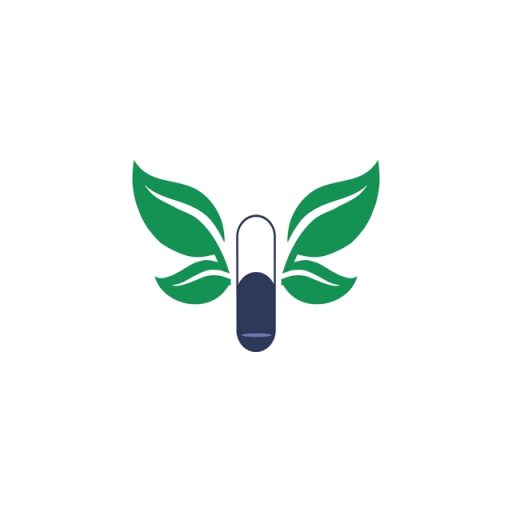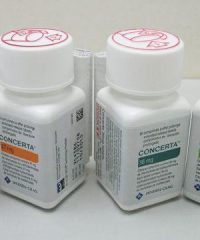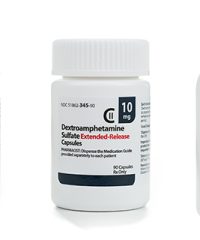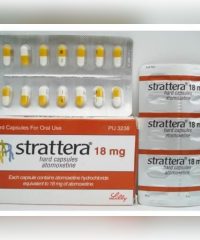ADHD Medications and Side Effects
Description
Medications may not work for all ADHD symptoms or affect everyone the same way. A combination of medication, therapy, behavior changes, and skills training is often the most effective treatment. This is called multimodal treatment.
The ones most widely used to treat ADHD include:
- Stimulants. This group of drugs has treated ADHD for several decades. These medicines might help you focus your thoughts and ignore distractions. Stimulant meds work for 70% to 80% of people. They’re used to treat moderate and severe ADHD. They may be helpful for children, teens, and adults who have a hard time at school, work, or home. Some stimulants are approved for use in children over age 3. Others are approved for children over age 6.
- Non-stimulants. In cases where stimulants don’t work or cause unpleasant side effects, non-stimulants might help. These medications can improve symptoms like concentration and impulse control.
- Antidepressants. People with ADHD often have depression, anxiety, and bipolar disorder too. They may take an antidepressant to control mental health issues or other conditions along with a stimulant for ADHD.
Types of Short-Acting Stimulants and Side Effects
Side effects of short-acting stimulants include loss of appetite, weight loss, sleep problems, crankiness, and tics. You have to take them often.
|
Drug Name
|
Brand Name
|
Duration
|
|
4-6 hours
|
||
| Dextroamphetamine | Zenzedi |
3-4 hours
|
| Dextroamphetamine and amphetamine |
Adderall
|
4-6 hours
|
| Dexmethylphenidate |
Focalin
|
4-6 hours
|
| Methylphenidate | Methylin, |
3-4 hours
|



